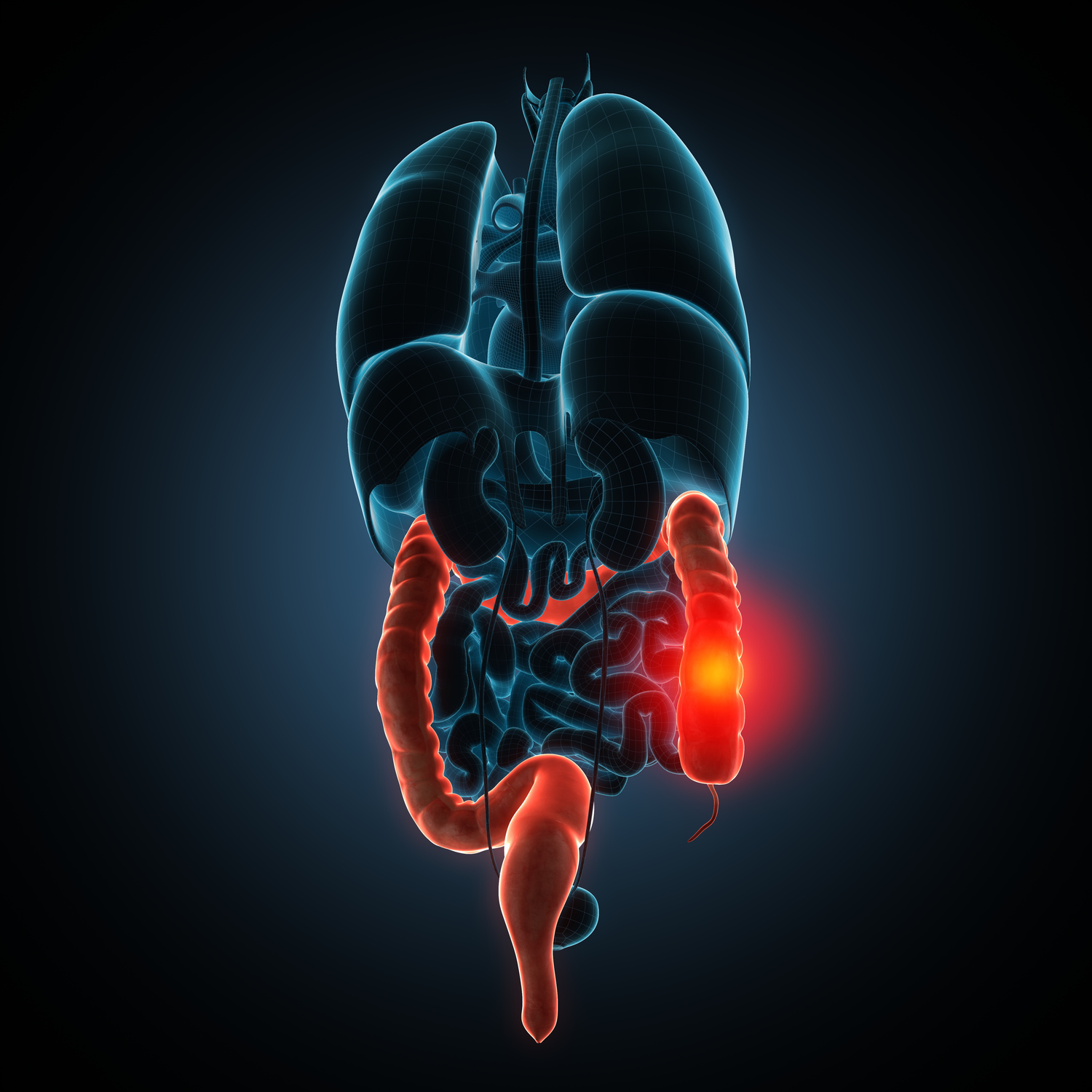Critical Health Risks and Symptoms of Pancreatitis
Discover the key symptoms and severe complications of pancreatitis, including infections, breathing issues, diabetes, and malnutrition. Early diagnosis and treatment are essential to prevent life-threatening health problems associated with this condition.

Critical Risks and Indicators of Pancreatitis
Pancreatitis refers to inflammation of the pancreas, a vital gland located in the upper abdomen behind the stomach. It plays a key role in digestion by producing enzymes and helps regulate blood sugar levels. While mild pancreatitis may resolve on its own or with minimal treatment, severe cases can lead to dangerous health complications. The condition can be classified as either acute, lasting days or months, or chronic, developing over many years.
Common signs include abdominal pain, nausea, fever, vomiting, tenderness, and weight loss. Symptoms vary among individuals and severity levels, but progressing pancreatitis can result in serious health issues.
Untreated pancreatitis can cause several complications such as:
Infections - Inflammation increases vulnerability to bacterial or viral infections, sometimes necessitating surgical removal of damaged tissue.
Breathing Difficulties - The condition may impair lung function, leading to shortness of breath and abnormal oxygen levels.
Diabetes - Damaged insulin-producing cells in the pancreas disrupt blood sugar regulation, potentially causing chronic diabetes.
Nutritional Deficiencies - Decreased appetite and enzyme production impair nutrient absorption, resulting in weight loss and malnutrition.
Prompt medical attention is crucial if symptoms appear to prevent further health deterioration.









